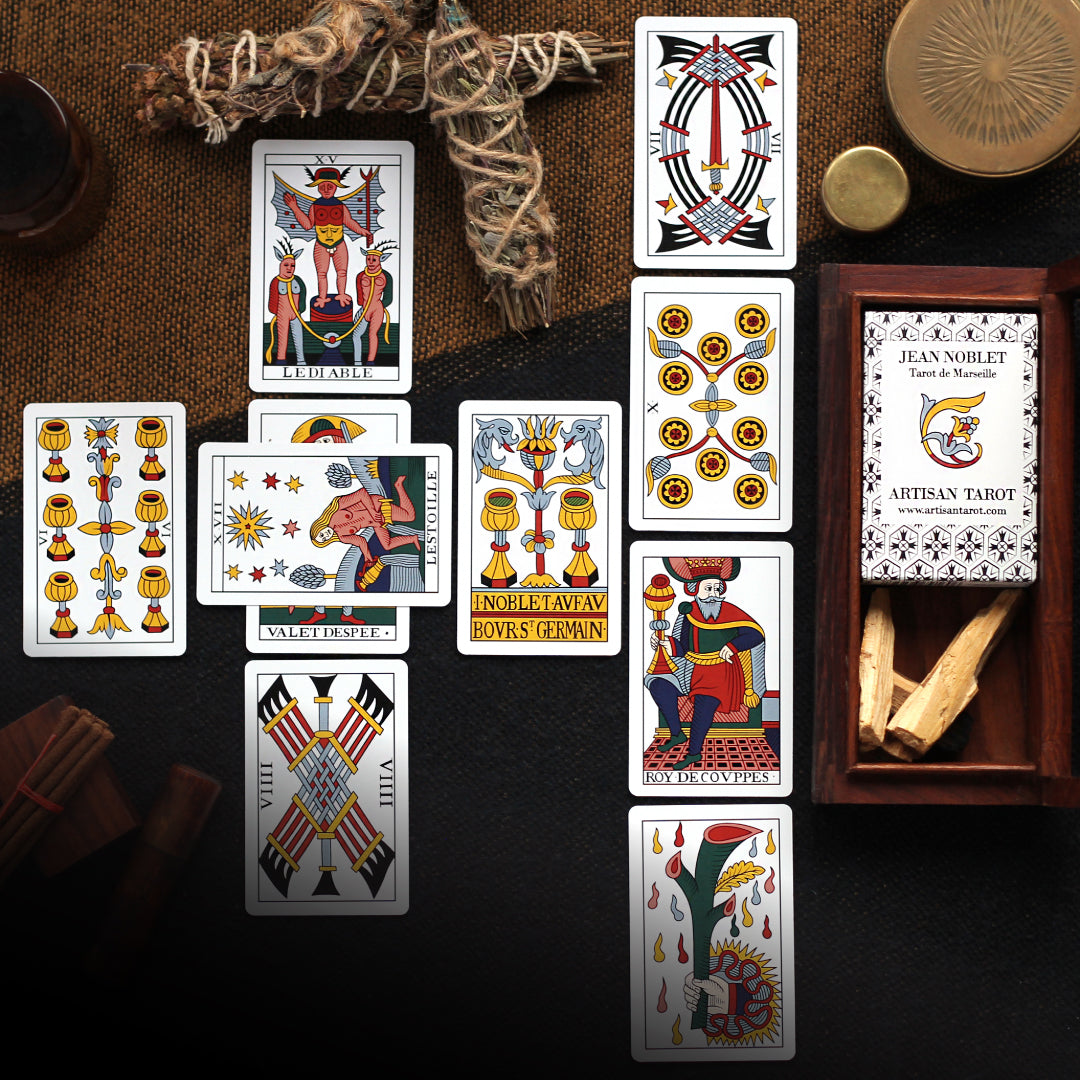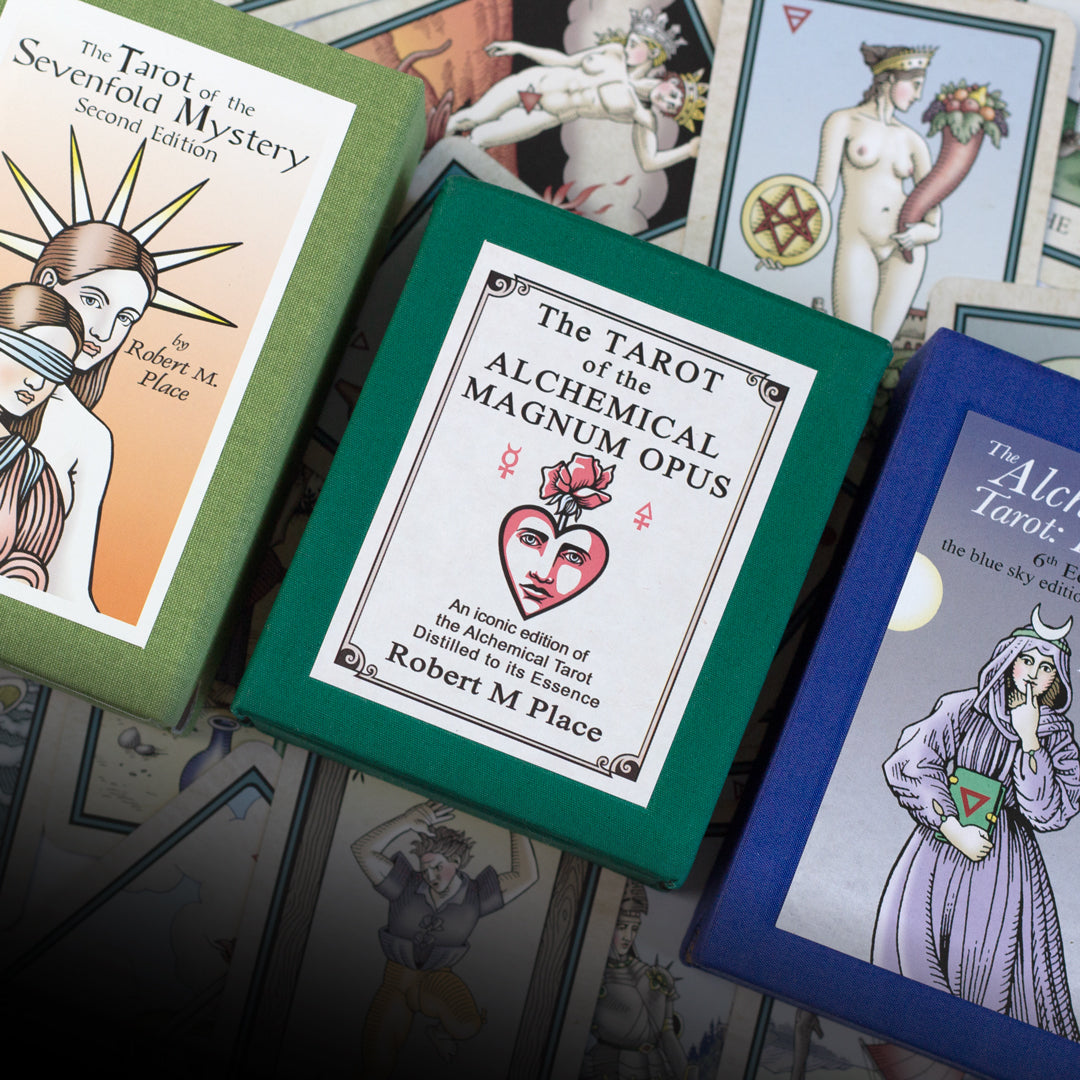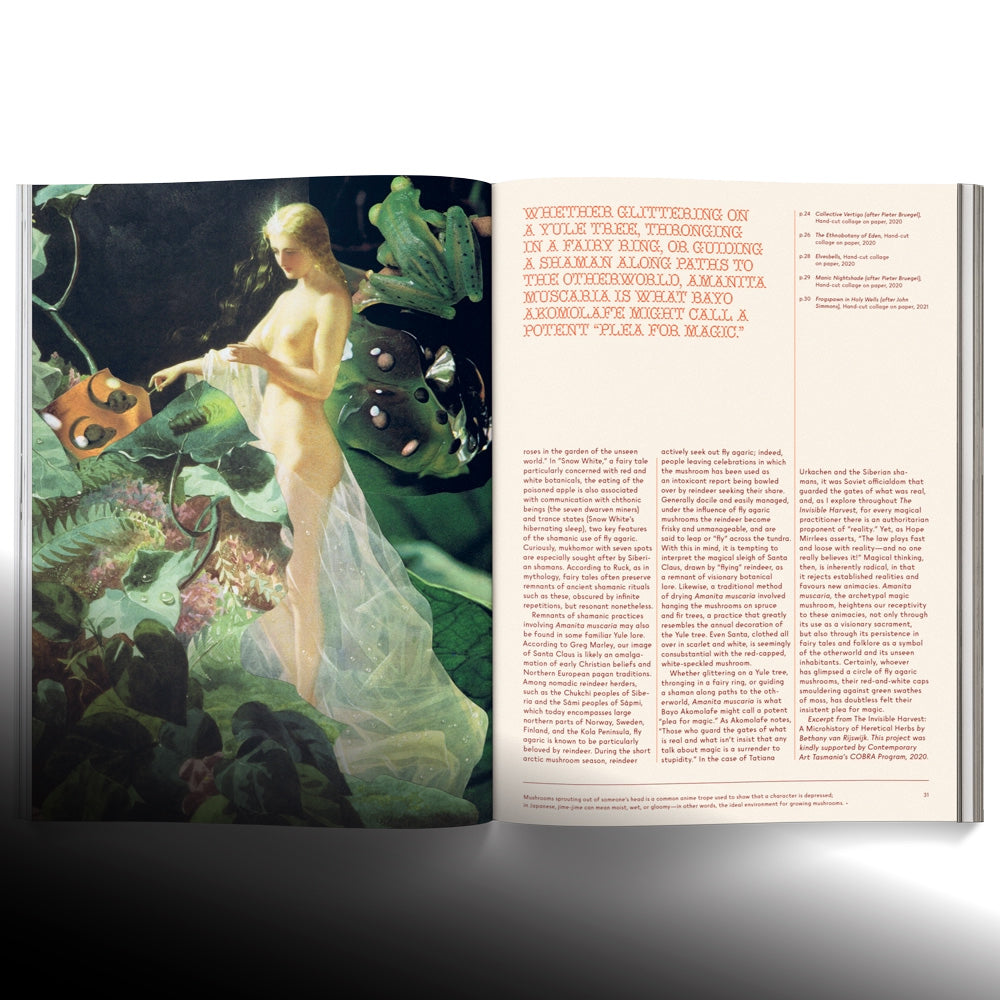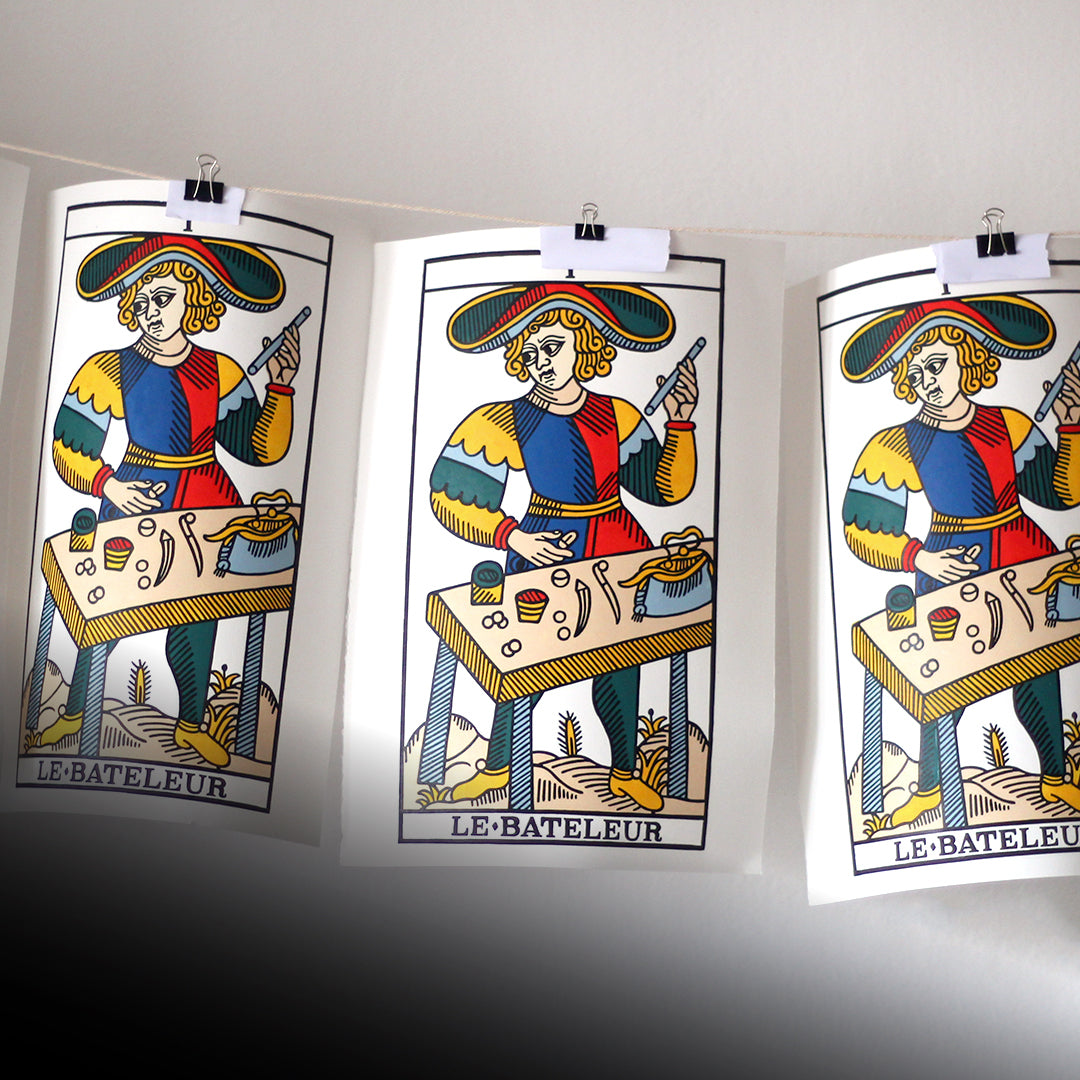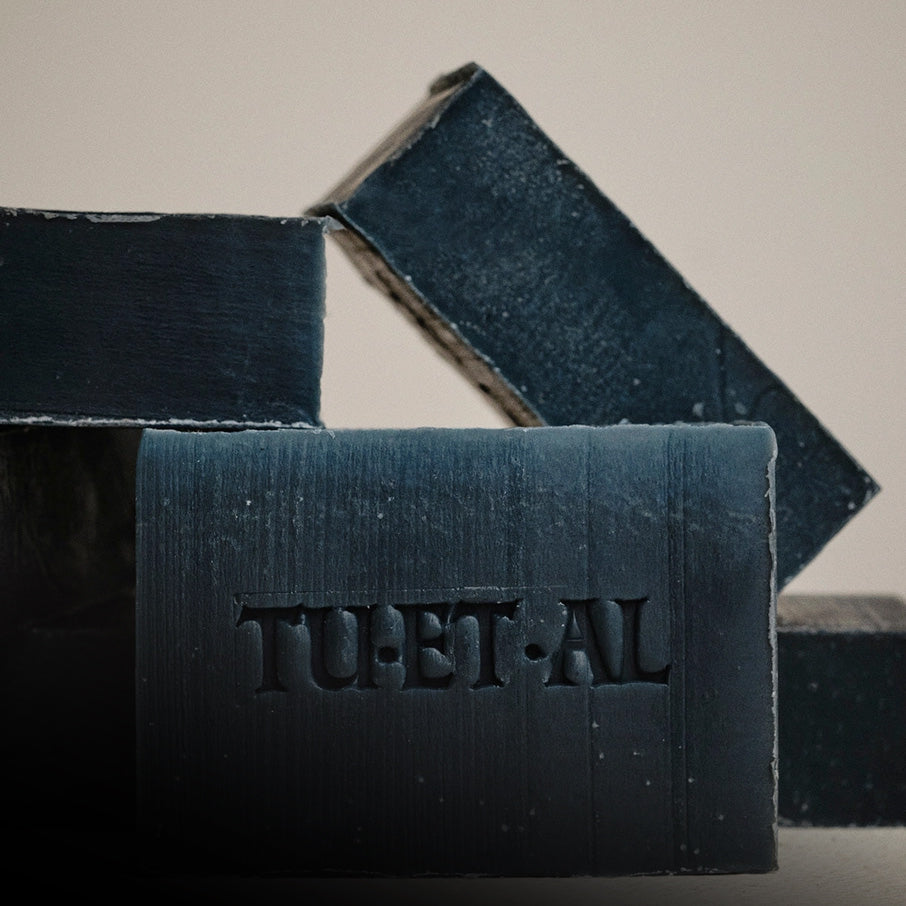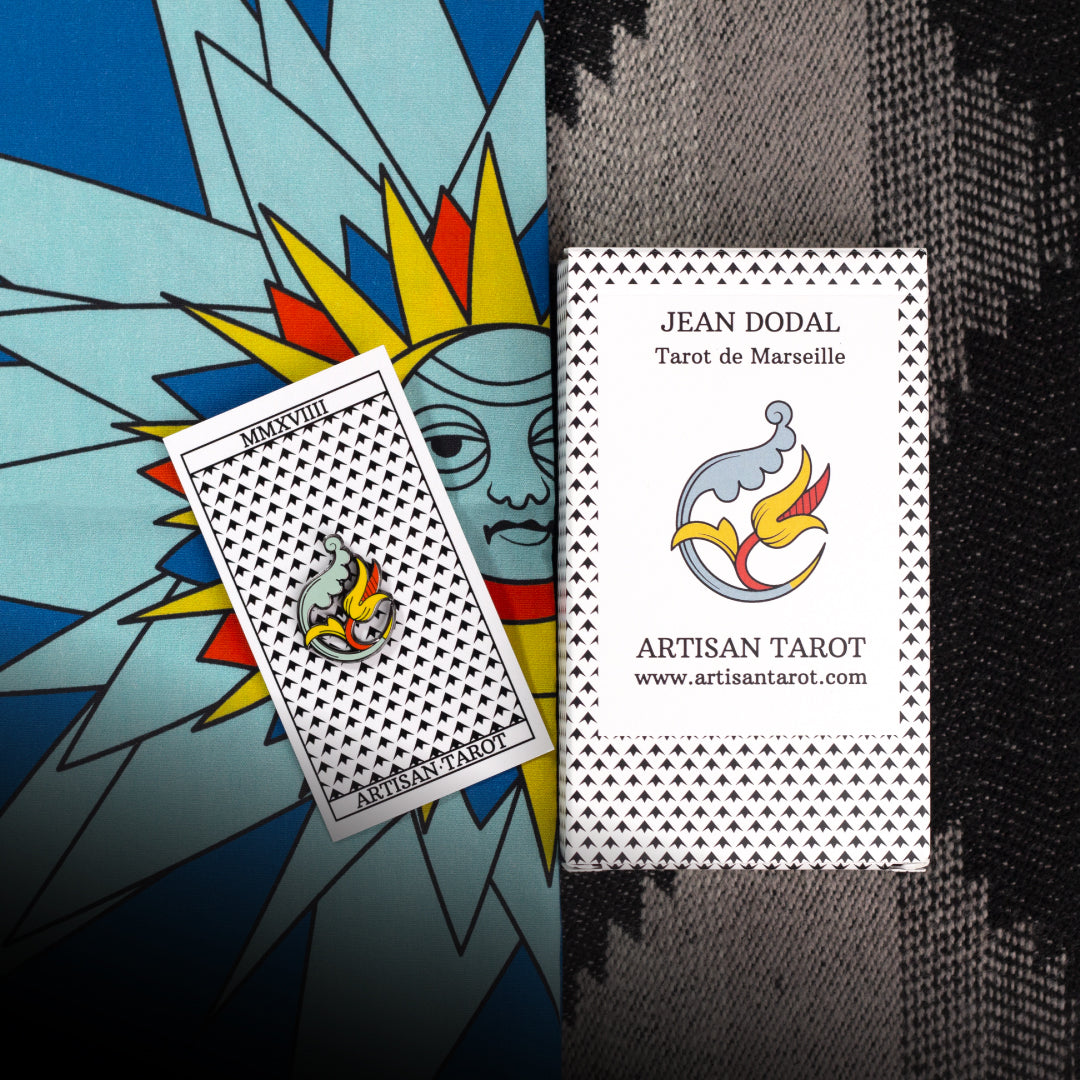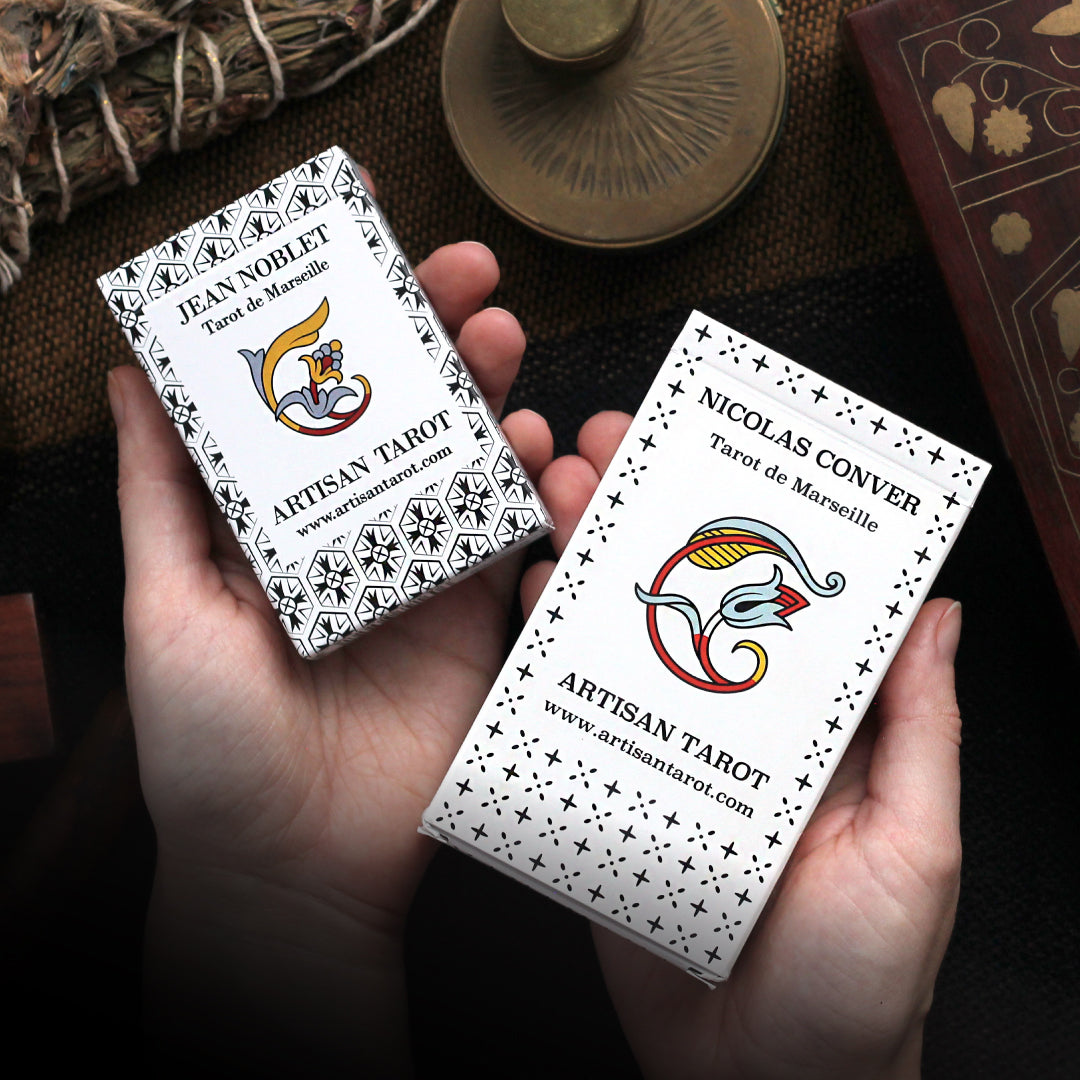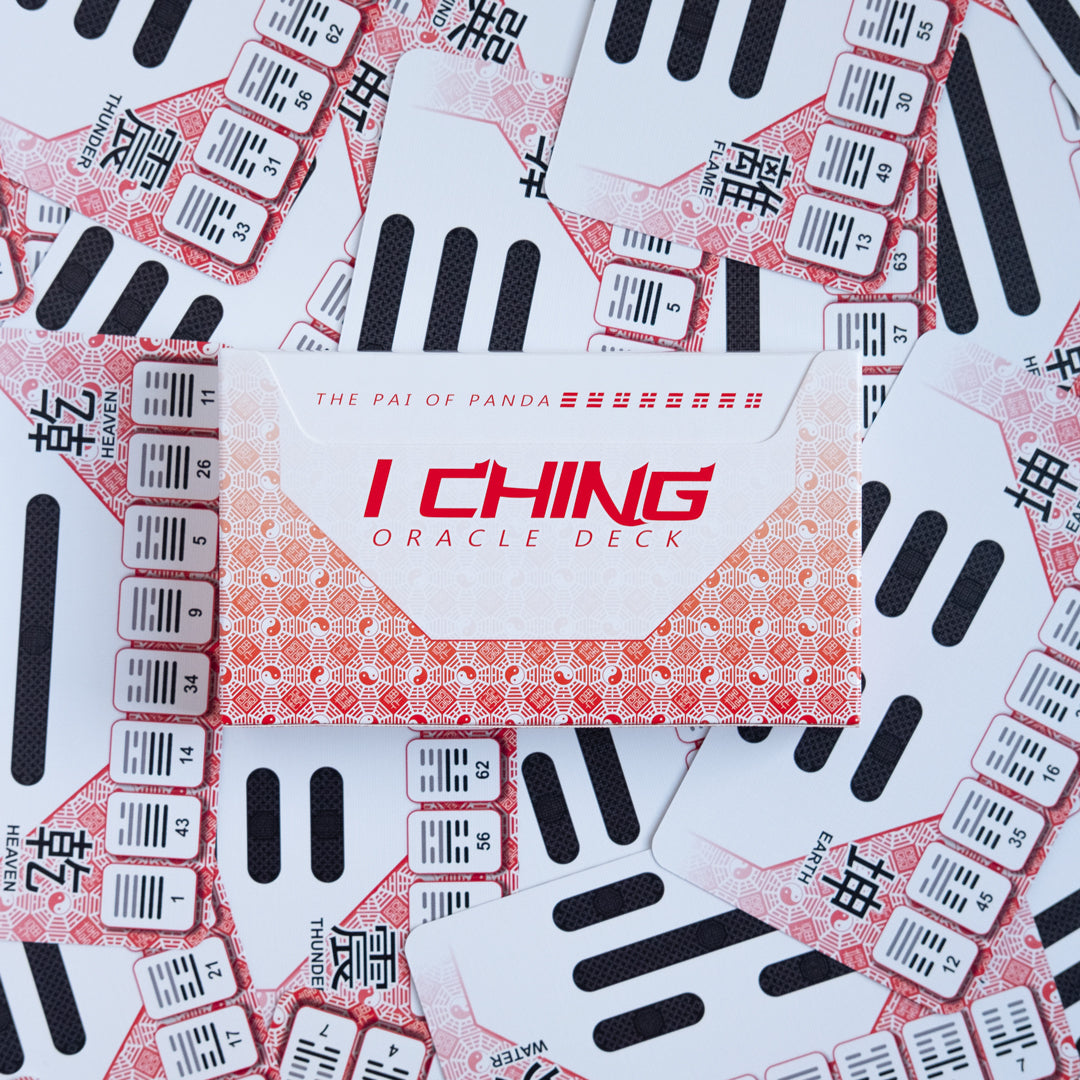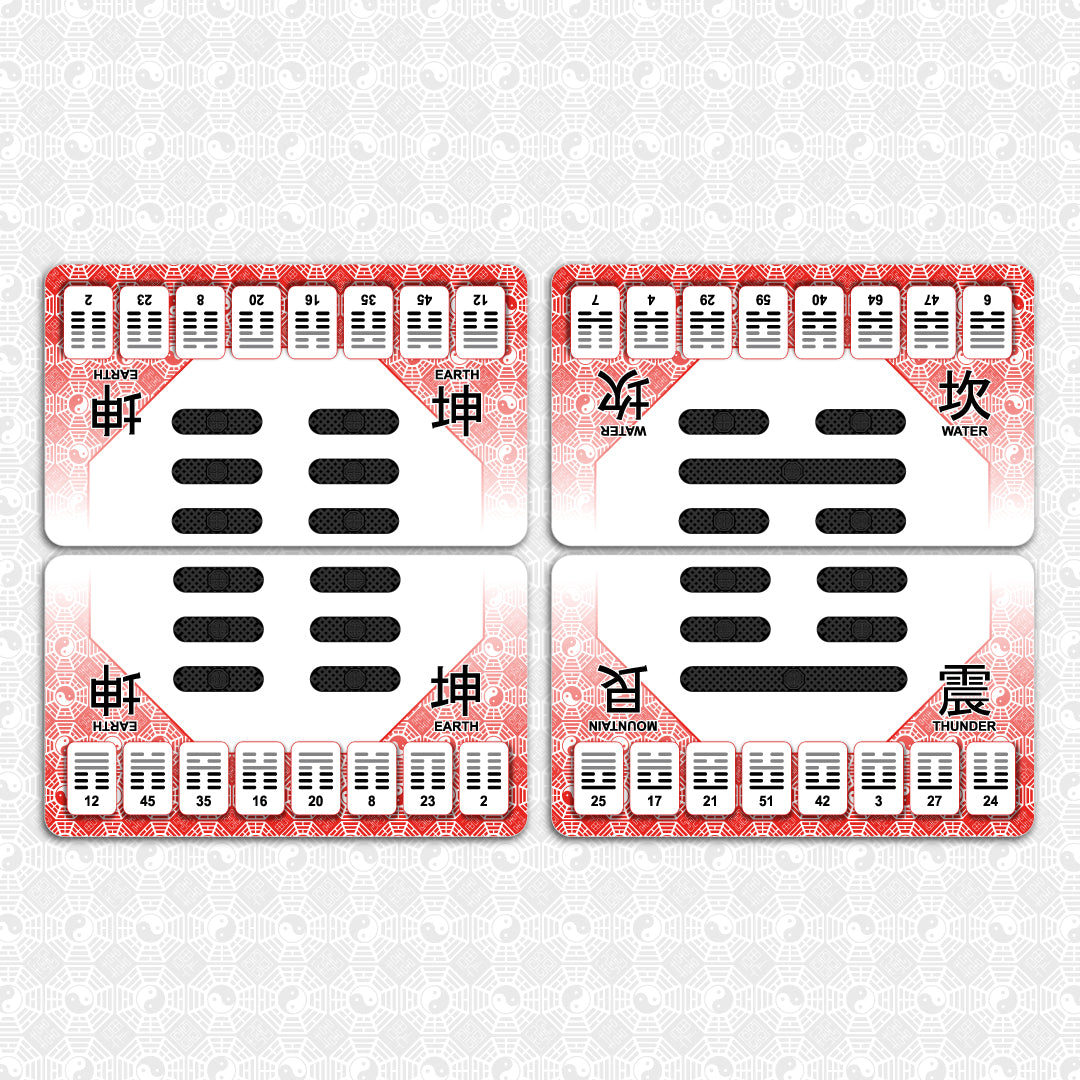Today, we want to share more about our “Pai of Panda” I Ching deck by Z Mann Zilla. We are excited about our new take on this ancient divination practice.
If your interest in divination started with cartomancy techniques (e.g. Tarot, Lenormand, or oracle decks), then this deck is for you. We’ve designed this 32-card deck to be a simplified, accessible starting point towards I Ching literacy.
The I Ching is a divination method that strives to provide actionable advice. In many forms of traditional fortune-telling, a client may be told how future events will unfold, yet this telling comes with a rather stagnant implication—“sit still and wait for your fortune to come true.” The I Ching does not endeavor to tell fortunes but to advise actions. A crystal ball or a tarot card might foresee a gift; the I Ching would advise a course of action to attract such a gift.
This guidebook that is included with the deck condenses 3000 years of wisdom to the essentials - the refined English meaning of each hexagram, how to conduct a cartomancy-inspired reading with two hexagrams, and most importantly, how to embrace the “action-first” philosophy of I Ching. Each of the 64 hexagrams contains a deep series of philosophies, meditations, and interpretations, all of which are based on the observation of natural phenomena.
While we respect these complex and comprehensive traditions, our goals with this deck and guide are portability, accessibility, and efficiency. We’ve summarized the essence of these hexagrams and provided a list of keywords, similar to the ones you’re accustomed to seeing in a tarot guide. Everything you need to start your I Ching divination journey is in the box!
We are still on track to receive the deck and guidebook soon. We will let you know when they are headed our way.
We look forward to sharing our new I Ching deck with you.
William Rader
Krisztin Kondor

